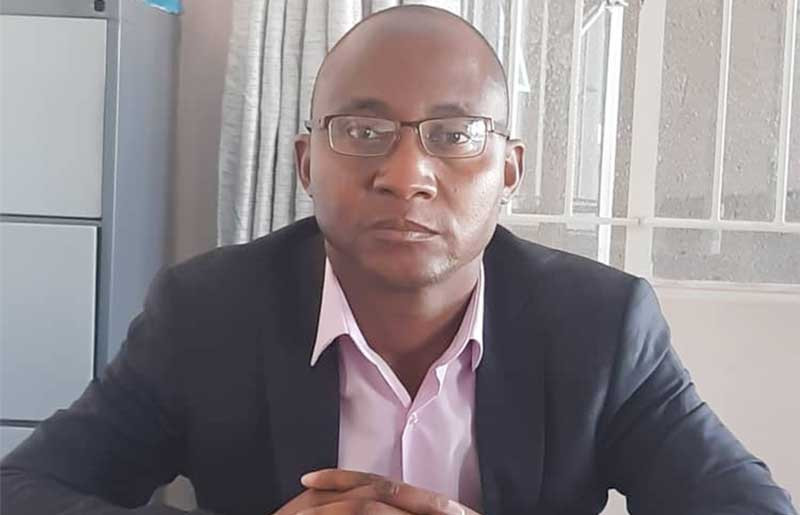
LAST week was miserable as the medical fraternity lost two of its renowned medical doctors, Dr Shelton Zichawo in Harare and Dr Zengeza in Kwekwe. This is a big loss for the country because the cadres defied odds to remain in their beloved country.
May their souls rest in peace.
The nation should remember such medical comrades who dedicated most of their time delivering health to the needy in our beautiful country. The last 18 months saw more than 4 000 health personnel leaving the country for greener pastures, leaving many health institutions understaffed, thus further strangulating the health delivery system.
There are many issues which I think the Ministry of Health and Child Care should consider in its endeavour to deliver good health services, if we are to achieve universal health coverage. The viability of health delivery service depends on the 2007 World Health Organisation’s building blocks, which include a healthly workforce, financing, medicines, governance, service delivery and information systems.
The public health delivery system is facing insurmountable problems, a majority of which are circulating around the issues of human resources and medicines. As long as the human resource issue is not solved, the Health Service Commission should not boast that it is doing something amid the rampant brain drain. Zimbabwe is losing experienced health personnel to countries like Scotland, England, Australia, New Zealand and this is where the regulator needs to show its mettle.
Occupying high offices and taking frequent cups of coffee while the public health system is in shambles is embarrassing, to say the least. Is the President of Zimbabwe ever told that there are very few nurses manning wards at hospitals like Parirenyatwa or Sally Mugabe Hospital? Is His Excellency ever briefed that there are shortages of basic drugs and sundries at many public health institutions?
If such information is not relayed to him, then there is both disinformation and misinformation.
Worker demotivation is very topical today in many of the public institutions. Many health practitioners pleaded with parliamentarians to amend the Health Services Bill, especially on the clauses that prohibit health workers to go on strike. With the Health Services Bill now an act, I see it as another serious source of frustration and demotivation, which have potential to fuel further worker migration.
- Manatsa widow burial tomorrow
- Parirenyatwa in fresh negligence storm
- Minor electrocuted at agric show
- Nurses fume over paltry govt loans
Keep Reading
What is needed at this juncture is a friendly piece of legislation that is attractive to even diasporans to return home.
I believe the Health ministry has an obligation to protect its workers as the mother ministry. We have many players who appear in the medical field and start to demand very big pieces of the cake which I think is not fair considering that health service delivery should be affordable at the end. Many private practitioners have been hounded out of business in our country because of unfair practices. Medical aid societies are pushing many practitioners out of business by merely failing to pay their dues. The same Ministry of Health is the regulator and licences are generated from the head office. It is now a perennial problem of non-payment, but the same Medical aid societies are given their operating licences despite their incessant failures. How do we expect to lower health service charges when the service providers are not paid for services they render?
Does the Minister of Health know that civil servants are struggling to get medical attention because the Premier Service Medical Aid Society has not been honouring claims for a long time?
Radiographers and radiologists were recently crying about the exorbitant licensing fees from the Radiation Protection Authority of Zimbabwe (RPAZ). How on earth could regulation fees for computed tomography, magnetic resonance imaging and X-rays be close to US$4 000?
A general practitioner who runs an X-ray and ultrasound scan is expected to pay a US$1 200 licence fee by RPAZ. How can the prices of basic medical investigations go down when such amounts are required by officials who are merely sitting in their offices?
The end result is high cost of medical care and it will be a mountain to climb if we are to achieve universal health coverage. Does government know that these are the amounts being charged in our country?
Medical practitioners have not seen peace in the medical industry as councils are on their doors with exorbitant charges that are not warranted. One wonders who is behind all these measures that are there to strangulate the few remaining and patriotic health workers in the country. It is my hope that all such contentious issues be addressed by the central government through the Ministry of Health and Child Care.
Central government should consider the plight of its workers and all those who are in the health sector. Censoring health regulatory bodies is one step to correct the mess that is prevailing today.
No to corruption!






